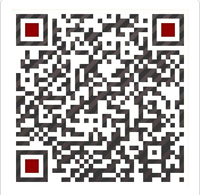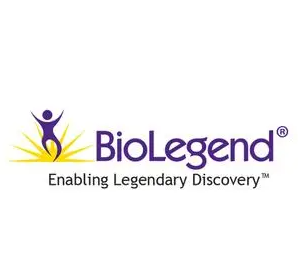Product Details
- Verified Reactivity
- Mouse
- Antibody Type
- Monoclonal
- Host Species
- Rat
- Immunogen
- mCXCR5-transfected cells
- Formulation
- Phosphate-buffered solution, pH 7.2, containing 0.09% sodium azide.
- Preparation
- The antibody was purified by affinity chromatography and conjugated with FITC under optimal conditions.
- Concentration
- 0.5 mg/ml
- Storage & Handling
- The antibody solution should be stored undiluted between 2°C and 8°C, and protected from prolonged exposure to light. Do not freeze.
- Application
-
FC - Quality tested
- Recommended Usage
Each lot of this antibody is quality control tested by immunofluorescent staining with flow cytometric analysis. For flow cytometric staining, the suggested use of this reagent is ≤1.0 ?g per million cells in 100 ?l volume. It is recommended that the reagent be titrated for optimal performance for each application.
- Excitation Laser
- Blue Laser (488 nm)
- Application Notes
Clone L138D7 staining works optimally at room temperature or 4°C. Unlike other chemokine receptor antibodies, avoid using L138D7 at 37°C.
- Product Citations
-
- RRID
- AB_2562865 (BioLegend Cat. No. 145519) AB_2562866 (BioLegend Cat. No. 145520)
Antigen Details
- Structure
- 42 kD, seven transmembrane protein
- Distribution
-
B cells and a subset of T cells in mouse spleen, Tfh cells, also expressed in lymph node, bone marrow, and brain
- Function
- B cell migration into follicles, possible regulatory role in B cell differentiation and Burkitt's lymphoma
- Ligand/Receptor
- BLC/CXCL13
- Cell Type
- B cells, T cells, Tfh
- Biology Area
- Cell Biology, Immunology, Innate Immunity, Neuroinflammation, Neuroscience
- Molecular Family
- CD Molecules, Cytokine/Chemokine Receptors, GPCR
- Antigen References
-
1. Kaiser E, et al. 1993. Eur. J. Immunol. 23:2532.
2. Forster R, et al. 1994. Cell. Mol. Biol. 40:381.
3. Forster R, et al. 1994. Blood 84:830.
4. Forster R, et al. 1996. Cell 87:1037.
5. Wolf I, et al. 1998. J. Biol. Chem. 273:28831. - Gene ID
- 12145 View all products for this Gene ID
- UniProt
- View information about CD185 on UniProt.org








